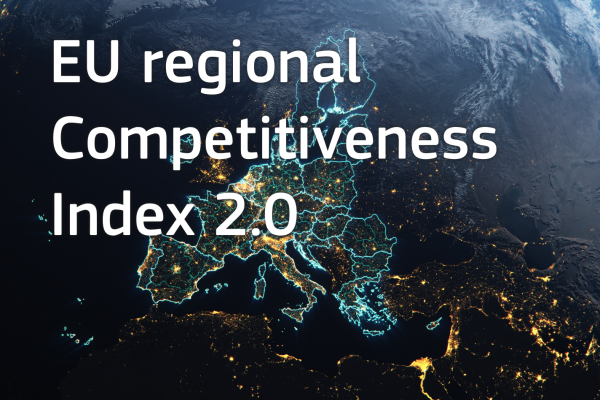
In recent years, researchers have been highlighting the importance of focusing our innovative efforts on solving pressing societal challenges. One of the most critical issues is climate change. Finding new and creative solutions has become a top priority for decision-makers. Aligning innovation policies for the benefit of public society is a way of bringing together various groups and resources to work towards a common goal.
A recent JRC research assesses to which extent regions from France, Germany, Italy, Poland, and Spain are prepared to confront climate change. To measure readiness, the analysis looks at how their science and technological innovation and policy priorities are geared towards tackling climate change.
German and Italian regions, the best prepared
Poland, France, and Spain show the lowest average values, while Germany and Italy report the highest. The lowest value is recorded in a Spanish and the highest is in German one. Notably, there is greater variability in the indicator among Spanish, Italian, and German regions compared to Polish and French regions.
The study's findings challenge traditional expectations, revealing a more nuanced performance across European member states. Italy’s regions, for instance, do not conform to the typical North-South divide, and similarly, German regions don’t follow historical trends between the Western and Eastern parts of the country. France and Spain, on the other hand, exhibit a more conventional geographical pattern.
Regions at higher risk, more innovative, and with skilled workers are better prepared
The analysis also examines the relationship between a region's readiness and the level of risk it faces from climate change-related disasters such as coastal flooding, river flooding and landslides in the short, medium and long term.
The results show that regions with higher risks, more innovation and a more skilled workforce are better prepared to face the challenges of climate change. This highlights differences between regions in their approach to tackling climate change and shows a collective effort by European territories to respond to the climate crisis.
Diverse realities call for tailored policy strategies
However, when looking at this relationship by region category, more developed regions are the ones that appear more ready to tackle climate change effects compared with less developed regions. Policymakers need to be aware of these differences in readiness to ensure a united front against today's most urgent challenge.
In summary, the JRC study deepens the existing understanding of the geographical aspects of addressing climate change. It emphasizes the need for tailored strategies that consider the diverse realities of different regions, ensuring a comprehensive and effective approach to tackling this global challenge.
As we navigate the complexities of climate change, these insights are crucial for guiding policy, encouraging collaboration, and securing our shared future.
Details
- Publication date
- 5 December 2023
- Author
- Joint Research Centre
- JRC portfolios




